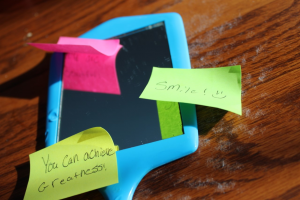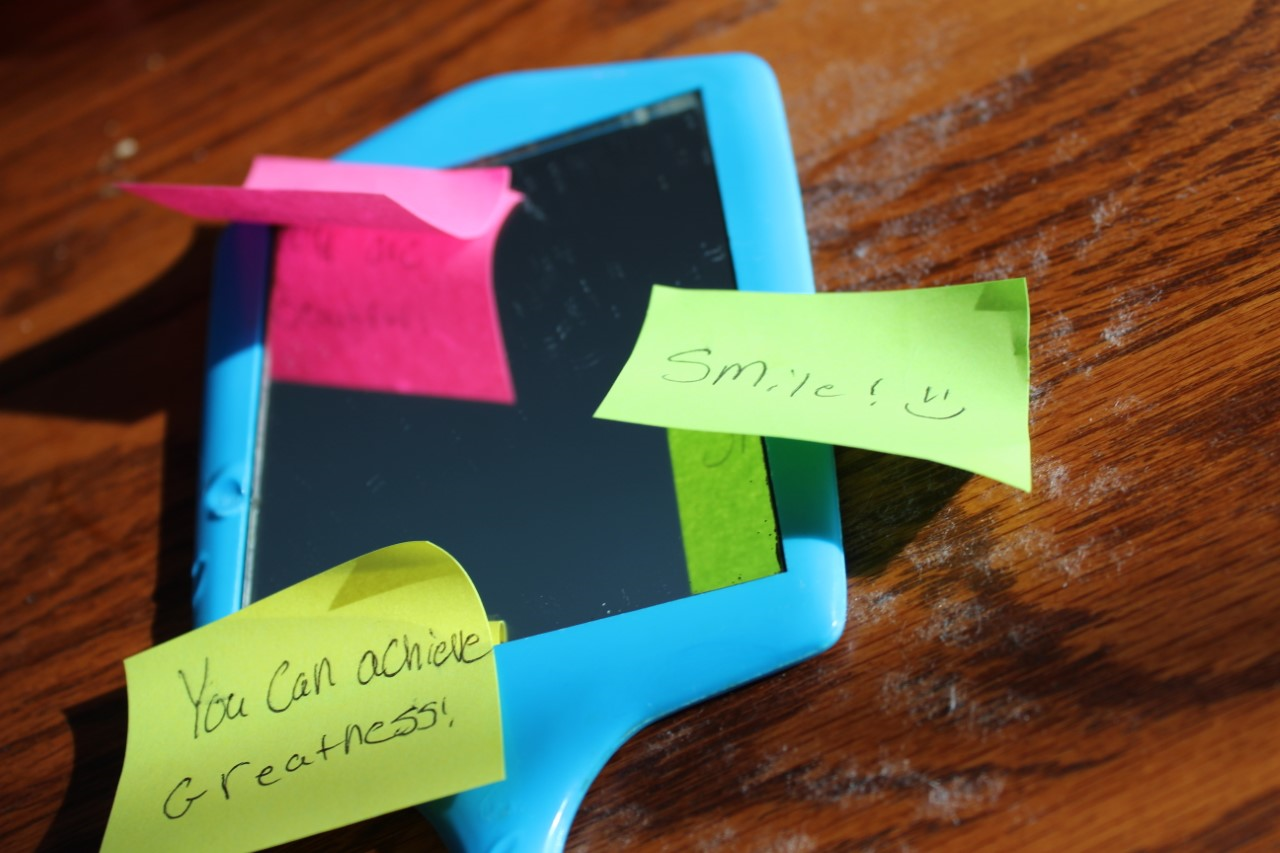
What is self-confidence? According to Oxford Dictionaries, self-confidence is “a feeling of trust in one’s abilities, qualities, and judgment.” To break it down, it is how one feels about what one can do, what one is like, and what one knows is right. To have low self-confidence is for that feeling of trust to be negative, almost nonexistent in some cases. High self-confidence is quite the opposite, having great trust in your abilities, qualities, and judgement. Most people go through both the highs and the lows, each and every day depending on the experiences that one goes through. For example, if one fails a test or gets rejected, it is normal to experience low self-confidence. When asked if he thought many people in our school suffer from low self-confidence; Omar Collado replied, “I really can’t tell because some people act like they have confidence when they don’t.” Low self-confidence can be incredibly bad and can affect many aspects of life; such as, work, relationships, and personal achievement.
One thing it can affect is a person’s achievements in life, because if one does not believe it can be done one will never manage to do it. The first step to achieving one’s dream is by believing that one is capable of achieving it. Also, in the article Mentoring the Millennials: A Call to Action, Emily Porschitz writes “Self-confidence is related to job readiness.” A more confident person will have an easier time gaining promotions and is more likely to be hired. Halle Arnold, a Senior at LaRue County High, states, “It makes people not want to participate and not do anything that involves speaking.” In a work environment participation and ability to talk in front of others is a huge plus if not a must. Also, people who are more confident in themselves have an easier time making friends; because, people are typically drawn to more confident people. Therefore, depending on how high or low your self-confidence is, decides the experiences one has in life.
Here are a few ways that RelayHealth suggests to increase self-confidence, in the article Self-Esteem for Teens:
• Write down 3 things each day that make you happy.
• Help others. Feeling like you are making a difference is a great self-esteem builder.
• Have fun. Enjoy what you are doing and the people you are doing it with.
• Remember that you can make mistakes and still be a good person.
Some other things that help to build self-confidence are remembering that one is human and not perfect, but not letting one’s flaws define them. According to Gavin Larsen’s The Quest for CONFIDENCE, some ways to “improve your mind set” are: “Accept compliments graciously”, “Practice a positive mental dialogue”, and “Take a mental break.” Most low self-confidence issues can be helped by simply mentally reminding oneself that one is not as bad as one thinks. If one can get one’s mind off of the mistakes one has made, and the supposed “flaw” one has; then one can start to see how uniquely wonderful one really is.
Self-confidence is a vital thing in one’s life. It can help people in many different ways including helping to achieve greatness. The things in life that people see as flaws, mistakes, or brokenness are really what makes each and every person unique and beautiful. How boring would a world be if people were all the same? Have confidence and boldness as one goes into the world, because one can make a difference.
Citations:
Developed by, RelayHealth. “Self-Esteem For Teens.” CRS – Behavioral Health Advisor (2010): 1. Health Source – Consumer Edition. Web. 19 Sept. 2016.
PORSCHITZ, EMILY T. “Mentoring The Millennials: A Call To Action.” New Hampshire Business Review 37.22 (2015): 26. Small Business Reference Center. Web. 19 Sept. 2016.
“Stretched Thin.” Teen Vogue 14.5 (2014): 94. MasterFILE Premier. Web. 19 Sept. 2016.
Larsen, Gavin. “The Quest For CONFIDENCE.” Pointe 17.4 (2016): 39. MasterFILE Premier. Web. 21 Sept. 2016.

